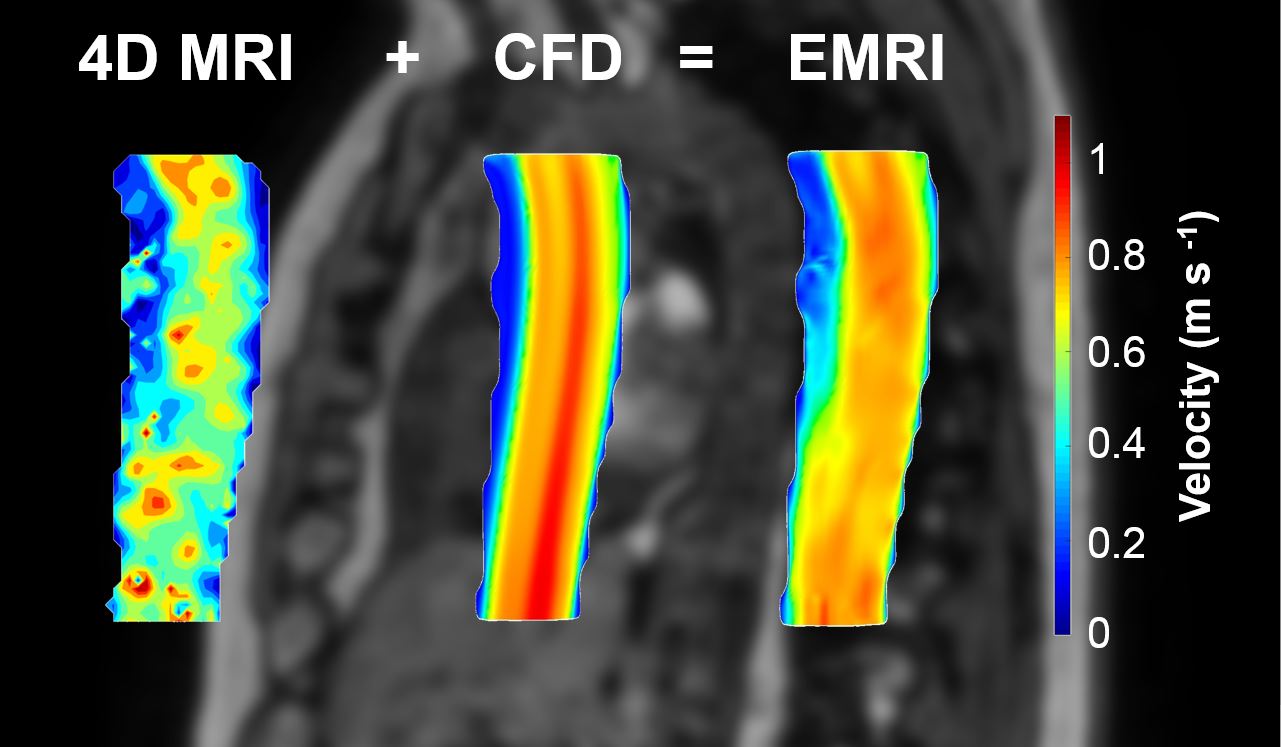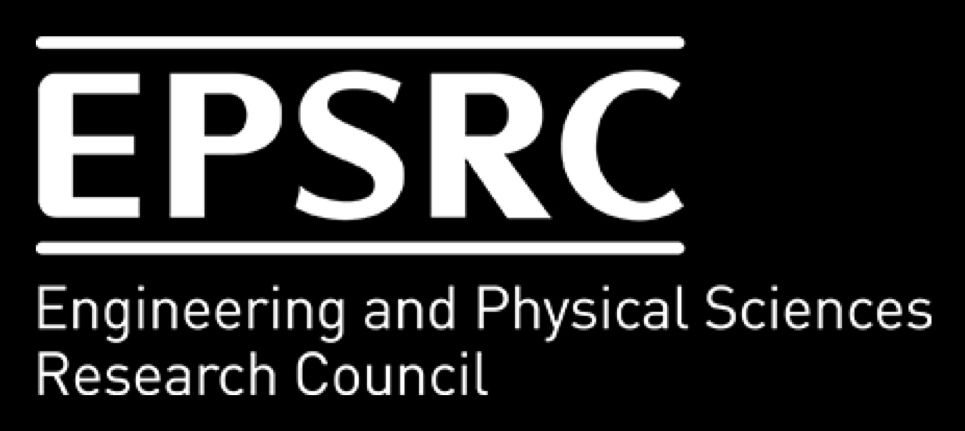The study of haemodynamics within anatomically complex regions of the human vascular system such as the heart is of high interest since there is a strong correlation between disturbed flow patterns and the development of vascular disease. In particular blood flow in the great thoracic arteries is closely related to the ventricular contractile force of the heart and therefore a quantitative assessment of flow can provide information about cardiac function.
Flow-sensitive 4D MR Imaging has increasingly been utilised to characterise blood flow in the clinical environment. However spatial and temporal resolution is still low. This project is aimed to integrate 4D MR data with computational fluid dynamics (CFD) to obtain an enhanced 4D flow MR imaging. The enhancement will be to overcome the spatial-resolution limitation of the original 4DMR, which will enable more accurate quantification of the endothelial shear stress as well as non-invasive estimation of blood pressure. At the same time, it will reduce a number of assumptions in conventional hemodynamic CFD such as in/outflow conditions including effect of valves, impact of patient-specific vessel wall motion and effect of the surrounding tissue. The approach will be validated using an in-vitro experimental models of circulatory system, comparing the enhanced 4D flow MRI data with the particle image velocimetry (PIV) data.
The most significant output from this project will be a fully patient-specific, high-resolution time-dependent 3D field of pressure which will enables non-invasive “measurement” of central arterial blood pressure, one of the main cardiovascular risk predictor.

 Close
Close








